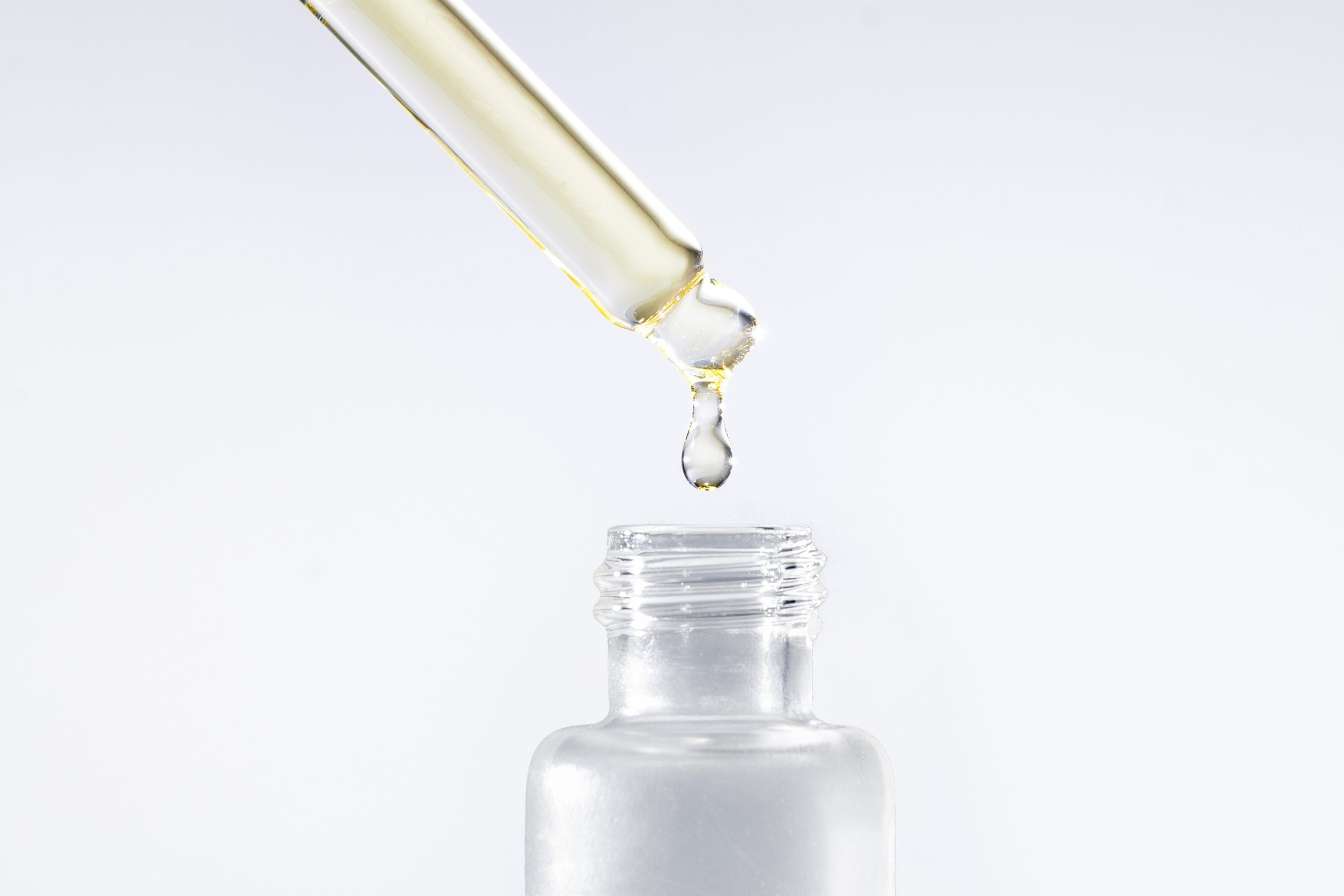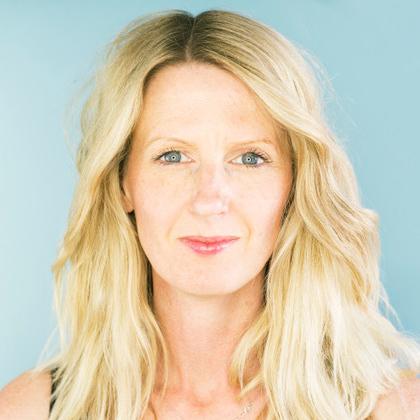This is the age group less likely to use CBD according to new survey


There’s no escaping the epic rise of medicinal CBD – we’re seeing it infused in everything from beauty products to food. But despite it being the hottest health trend of the year, research shows that the over 50s aren’t jumping on the CBD bandwagon just yet.
There’s no escaping the epic rise of medicinal CBD – we’re seeing it infused in everything from beauty products to food. But despite it being the hottest health trend of the year, research shows that the over 50s aren’t jumping on the CBD bandwagon just yet.
What is CBD?
Need reminding what the fuss is all about? CBD is short for cannabidiol – which is one of more than 120 compounds found in cannabis, and boasts a host of health benefits from the plant, without the marijuana high. Currently you can find it crammed into essential buys such as hand cream and chewing gum, and sales of medicinal CBD oil are on the up.
And it's the health hype that's the reason behind the surge. According to a study from the European Journal of Pain, CBD can have a relieving effect on arthritic discomfort and other research has shown it can help with anxiety, stress and depression, as well as easing menopausal symptoms.

The popularity of CBD
So who's on board? According to a national survey by YouGov, nearly one-in-ten Brits are now using CBD products, and even more say they’re likely to try it soon.
However, among the CBD converts and the CBD curious, data has revealed that the over 50s are the slowest age group to tap into the trend.
When asked whether they’d be tempted to try products containing CBD, only 27% of 50-64 year olds said they would. And even less people aged over 65 (20%), showed an interest in the trend.
Sign up to our free daily email for the latest royal and entertainment news, interesting opinion, expert advice on styling and beauty trends, and no-nonsense guides to the health and wellness questions you want answered.
This is compared to over 60% of people aged 18-24, who either said they definitely would, or are undecided. 53% of 25-49 years also didn’t rule it out.
The study also revealed that the most popular form of CBD in the UK is oil, with 61% of CBD users saying they take it for medicinal purposes to treat pain, anxiety and depression.
Despite this, the amount of scientific evidence on the compound’s effects is still limited, possibly explaining the cautious approach towards it by Gen X and Babyboomers.
Senior Health Writer Ali Horsfall has almost 15 years experience as a journalist and has written for national print titles and women’s lifestyle brands including woman&home, Woman, Woman's Own, BBC magazines, Mothercare, Grazia and The Independent. She currently specialises in health and fitness content and loves sharing the best expert advice on staying well.
